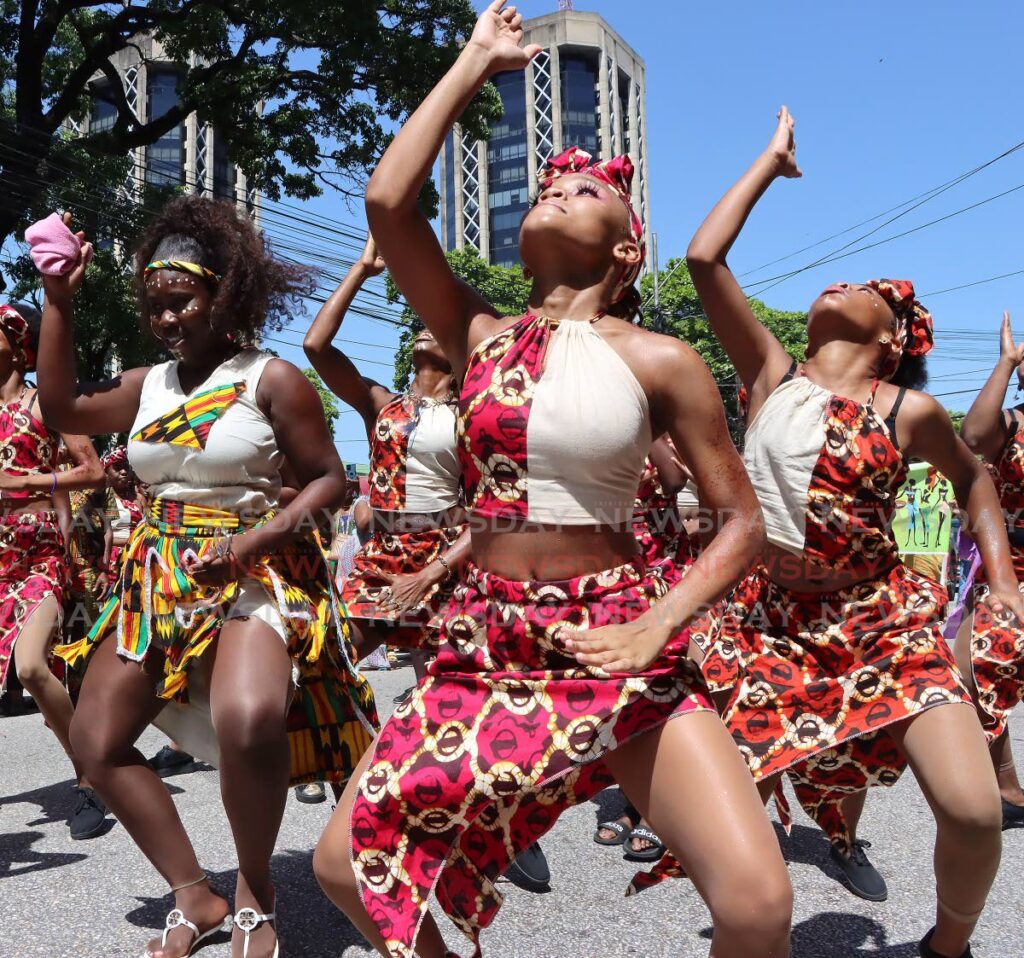Emancipation Support Committee panel: Reparations should go beyond slavery

PANELLISTS at the Emancipation Support Committee’s Kwame Ture memorial lecture series agreed that the conversation on reparations from slavery ought not to start at slavery itself but to the culture, lifestyle and level of development the African diaspora experienced before it was dismantled by the trans-Atlantic slave trade.
The panel discussion was held virtually on Sunday with Barbados Ambassador to Caricom David Comissiong, Dr Claudius Fergus, chairman of the National Reparations Committee and lecturer and leading black history educational specialist at The Black Secret – an online course that highlights the most recent information on black history. The panellists were discussing reparations and development of states considered to be “underdeveloped.”
“Reparations must, as far as possible, wipe out all the consequences of the illegal act and re-establish the situation which would, in all probability, have existed if that act had not been committed,” Comissiong said.
“We definitely can’t begin with enslavement. We begin with the Africa that existed before the commencement of the trans-Atlantic slave trade. All the historical records tell us that certainly, at a material level, those African societies were on par if not superior to the societies of Western Europe.”
Fergus said the history of the African diaspora did not start with the slave trade. He said the history of the African diaspora goes back millions of years.
“The African diaspora didn’t start with the slave trade. It started over a million years ago (2.5 million according to history.com),” he said.
“I don’t think any of us in the pan-African movement look at the slave trade as a point of departure, except in terms of the disruption of African achievement and African civilisations.”
Fergus reminded the panel and the audience that not only was Africa the cradle of civilisation, but also the birthplace of human beings, with the first homo sapiens coming out of Africa and travelling to various points in the world.
Walker added that the contribution of the African diaspora to the world even during the slave trade was also being “underplayed.”
He spoke of African people who were captured and enslaved and yet became generals in the Russian army and professors of Latin.
He also said intellectual property was stolen from Africa and re-purposed for many popular stories well known today.
He claimed the African folk character Brer Rabbit and his stories were taken and turned into several popular characters such as Peter Rabbit and Bugs Bunny.
“Did enslaved Africans, the ones who created those stories, did they receive anything? Is there even an acknowledgement that the Peter Rabbit and, for that matter the Bugs Bunny stories originated as African folk tales?”
With regard to the development of nations where the African diaspora now resides, Fergus said reparations should be an inalienable right.
“In European philosophy and law, private property was elevated to in inalienable right, but they reduced us to private property. I am saying that if private property is an inalienable right, the right to reparations should also be inalienable, not only for African people but all those whose ancestors lived under the boot of European oppression.”
“Underdevelopment should not ever be accepted as our fate, but an accident of our history which must be corrected.”

Comments
"Emancipation Support Committee panel: Reparations should go beyond slavery"